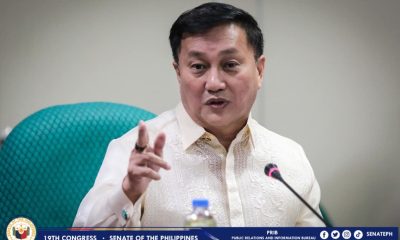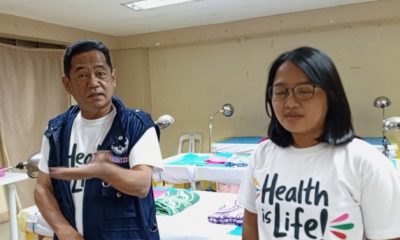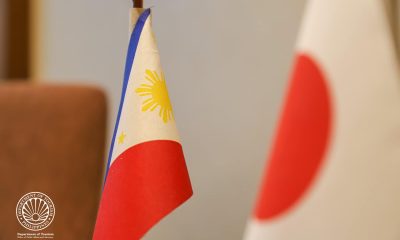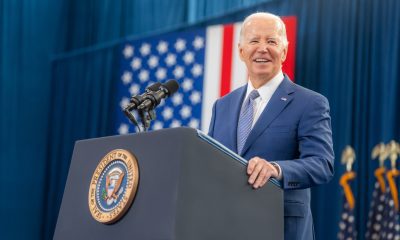Canada News
Poverty not a good reason to take Indigenous kids from parents: Bennett
OTTAWA — Exactly two years after the Canadian Human Rights Tribunal said Canada is discriminating against Indigenous kids with chronic underfunding of child welfare services on reserve, the federal government says it’s not going to happen anymore on its watch.
Indigenous Services Minister Jane Philpott says there will be new money in the coming budget to prevent kids from being taken from their families. Carolyn Bennett, the minister responsible for Crown-Indigenous relations, insists poverty is going to stop being used as an excuse to rip families apart.
They’re saying all the right things and seem sincere, chiefs and child welfare experts say.
But Cindy Blackstock, executive director of the First Nations Child and Family Caring Society — which brought that complaint more than a decade ago — is only skeptically hopeful.
“These meetings, they can be positive but they can also be an official procedure to mask action,” she said. “What I’m really looking for is real change on the level of kids.”
As the two-day emergency meeting on Indigenous child welfare drew to a close in Ottawa on Friday, 400 federal and provincial politicians, Indigenous leaders, social workers and former foster kids scattered back across the nation without any specific next steps planned.
They return to places like Manitoba, where First Nations babies are routinely apprehended at birth by child welfare workers who deem the baby’s mother unfit to parent. They return to Alberta, where three in every four children in care are Indigenous, seven times their representation in the population.
“Our children have become an industry,” said Wilton Littlechild, former commissioner on the Truth and Reconciliation Commission.
The federal government made a six-point pledge to act, including implementing the human rights tribunal’s orders, collecting better data and moving to give jurisdiction over child welfare to individual First Nations. But the provincial governments didn’t sign on to it at the meeting.
Michael Coteau, minister of children and youth services for Ontario, said this is the start of a long journey and they have to get it “perfectly right.”
“I’m completely fine if it takes a little more time that sets the tone that’s reflective of all of our partners,” he said, without addressing what Ontario takes issue with in Ottawa’s plan.
Blackstock has on her desk a pile of inquiry reports, recommendations, court rulings, and the human rights tribunal ruling that measures almost a foot high and the answers, she says, are written into each one.
Even back in 1967, the calls were being made to shift child welfare on reserves to a prevention-based model where families get help before their kids have to be removed from the home. Attempts have been made, even as recently as 2007, when the former Conservative government began doling out extra cash targeting prevention in on-reserve child welfare agencies.
Still, the number of kids in care went up. In Manitoba in the last decade the number of children in care rose 85 per cent and the number of days kids spend in care went up 73 per cent. Nine in every 10 of those children are Indigenous, despite an additional $35 million a year from Ottawa to stop that from happening.
A recent report suggests $105 million more a year is needed in Manitoba alone to bridge the gap. Philpott has promised more money in the next federal budget but hasn’t said what the figure will be.
Assembly of First Nations National Chief Perry Bellegarde urged First Nations not to wait for Ottawa to grant jurisdiction and to start passing bylaws and taking control on their own.
But it’s not that simple, says Blackstock. Ottawa’s policies have largely meant any First Nation that wants funding has to follow provincial child welfare laws. Those laws are almost always lacking a cultural appreciation for First Nations traditions and, Bennett says, “let’s just be real about the racism and discrimination that is going on in these decisions that are being taken and it just has to stop.”
Provincial and federal governments have to start acknowledging and accepting Indigenous laws and traditions, Littlechild says. He said the first case he ever argued as a lawyer was a child welfare case where child services took away a child because her mother wanted her grandmother to take over her care. It was the policy to apprehend a kid if a parent said they couldn’t do it on their own, said Littlechild. It was another child lost to the system.






















